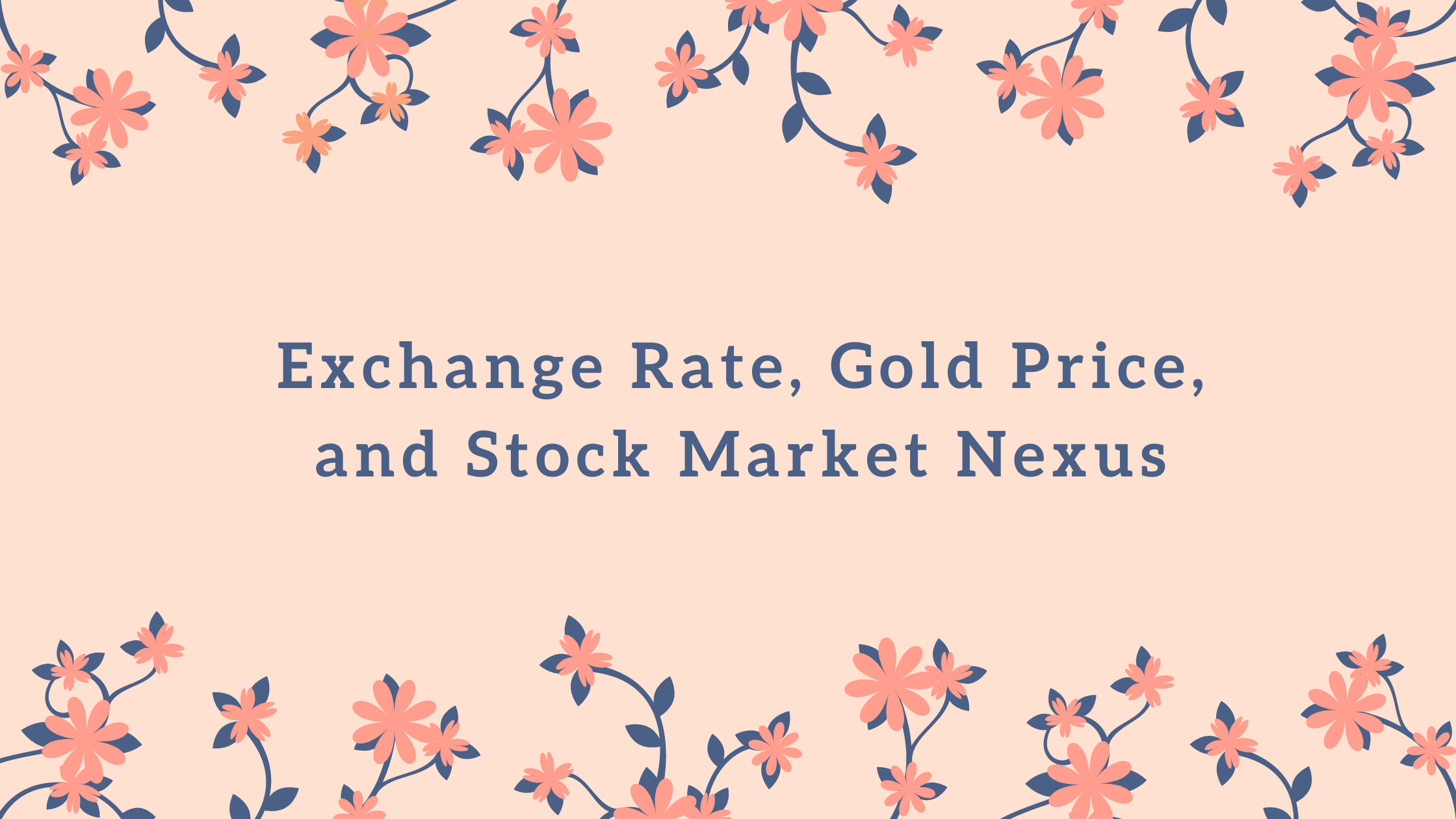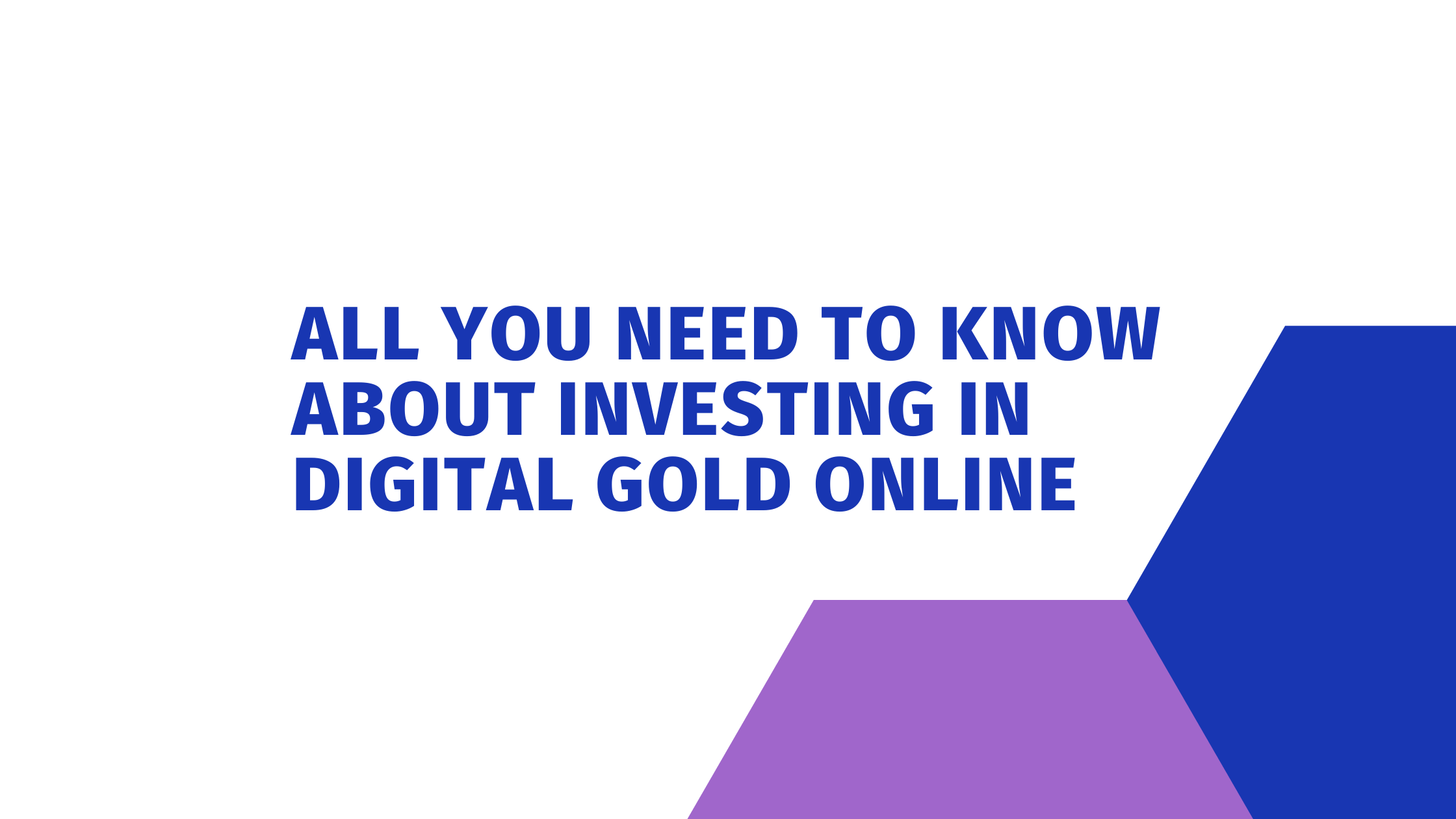Explore the Best Gold Investment Ways in Mangalore
Since its discovery, gold has stood out as a reliable long-term investment for future needs. It's a secure choice to navigate economic shifts, currency changes, inflation, and wartime situations. Gold investments come in various forms: jewellery, coins, bars, bonds, ETFs, and gold FOFs (mutual funds). Esteemed banks and institutions guide you through online gold investments.
Physical Gold
You can explore the following physical forms of gold for your investments.
Gold Coins
Investing in gold coins offers a timeless opportunity to secure your wealth. These coins, usually range from 22 to 24 karats and weigh between 0.5 and 100 grams, carry historical significance and inherent value. Ensuring purity is as simple as looking for the hallmark icon. Beyond their investment potential, gold coins make for cherished gifts, often coming with nominal making charges.
Gold Bars
Gold bars are a steadfast choice for those seeking a liquid and convenient investment. With the ability to easily convert into cash, these bars provide a practical solution for investors. Their intrinsic value and universal appeal make them a reliable asset, ensuring your financial stability in the long run.
Gold Biscuits
One can consider the allure of gold biscuits by diving into the world of gold investments. These enduring investments come with minimal making charges, making them an attractive choice. Gold biscuits hold inherent worth with a remarkable purity level of around 99.50%, surpassing that of many jewellery pieces due to fewer alloys. Their advantage lies in their ease of liquidation, enabling you to transform them into profit easily. Available through reputable jewellery stores, online platforms, and smaller retail outlets, gold biscuits offer a path towards securing your future with elegance and simplicity.
Digital Gold
There are various forms of digital gold. Evaluate the following if you're considering investing in the digital form of gold.
Digital Gold
Among the secure and practical choices for investing in gold is digital gold. With a remarkably low entry point of just ₹1, you can own a stake in gold that resides securely within vaults maintained by trusted sellers. This digital gold boasts a purity of 99.5% at 24 karats, assuring its value. Liquidating your digital gold is effortless, allowing you to sell at your discretion.
Furthermore, it serves as collateral for online loans if needed. While you can exchange it for physical gold items like coins or jewellery, note that a minimum investment of ₹2,00,000 is required. Occasionally, delivery charges may apply. It's important to note that digital gold operates independently of regulation from the Securities Exchange Board of India and the Reserve Bank of India, offering a unique investment avenue.
Sovereign Gold Bonds
Steered by the Reserve Bank of India per governmental guidelines, sovereign gold bonds present a stable option for those seeking less volatility in their investments. These bonds involve cash transactions for purchase and sale, which allows for earning a 2.50% interest annually. Profits materialise when the gold price escalates. However, it's essential to recognise the eight-year lock-in period associated with investing in gold bonds, which underscores their long-term nature.
Gold Exchange Traded Funds (ETFs)
A secure and accessible choice for gold investment is Gold Exchange Traded Funds (ETFs). With the flexibility of investing even as low as 1 gram, these funds are not constrained by specific time frames. Your profit potential aligns with market gold prices. Initiating investment in gold ETFs requires establishing a demat and trading accounts. These gateways open avenues for astute investment decisions aligned with your comprehension of the stock markets, enabling you to diversify your portfolio easily.
Gold Fund of Funds (Gold FOFs)
Navigating the terrain of mutual funds, Gold Fund of Funds (Gold FOFs) is a regulated domain overseen by the Securities and Exchange Board of India. Operating as open-ended funds, Gold FOFs are constructed from units of gold exchange-traded funds, presenting a balanced approach. Starting with a systematic investment plan as modest as ₹1,000 per month, you can withdraw funds using the same method. However, remember that the accrued profits from these investments are subject to taxation.
Guidelines for Purchasing Gold in Mangalore
When considering buying gold jewellery in India, it's important to be aware of the following key points to ensure a smooth and lawful transaction:
Government Regulations
The government has taken steps to curb illicit transactions by bringing the gems and jewellery industry under the Prevention of Money Laundering Act (PMLA), 2002. As a result, jewellers now fall under reporting entities, necessitating adherence to Know Your Customer (KYC) norms. This involves collecting PAN or Aadhaar details for cash transactions above a specific limit and reporting transactions of Rs 10 lakh and above to the government of India.
Cash Transaction Limits
Considering the cash transaction limits set by income tax laws, cash transactions exceeding Rs 2 lakh in one day are not allowed. Section 269ST of the Income Tax Act, 1961, prohibits such transactions. If you purchase gold jewellery for an amount exceeding Rs 2 lakh in cash in one day, you will be violating income tax regulations.
Penalties
Violating cash transaction limits can lead to penalties. As per Section 271D of the Income Tax Act, the cash receiver in such a transaction would be liable to pay a penalty equal to the cash amount transacted. For example, if you buy gold jewellery worth Rs 4 lakh in cash, with the transaction exceeding Rs 2 lakh, the jeweller receiving the money would be liable to pay a penalty of Rs 4 lakh.
PAN Details
It's mandatory to provide PAN details for gold jewellery purchases exceeding Rs 2 lakh, regardless of the payment method (cash or electronic), as per Rule 114B of the Income Tax Rules, 1962. This applies to each transaction, ensuring transparency and compliance with regulations.
What are the Factors Affecting the Gold Rate in Mangalore?
Many factors, domestic and global, influence gold rates in Mangalore. These include imports, tariffs, oil prices, supply and demand dynamics, and the dollar's strength. Given the cultural significance of gold as a traditional and auspicious purchase in Mangalore, comprehending the interplay of these variables becomes crucial in understanding today's Gold rates in Mangalore.
Dollar Dynamics
A noteworthy aspect is the inverse relationship between gold and the dollar. Gold prices rise when the dollar weakens since gold is procured in US dollars. This increases demand for imported gold at lower prices, boosting the local gold rate. Conversely, a stronger dollar can lead to lower gold rates as investors seek an appreciating commodity, often considering the dollar as an appealing investment option.
Supply and Demand
Mangalore's balance between gold supply and demand directly affects its rates. A scenario where demand outpaces supply can lead to upward price movements.
Cost of Production
Gold rates are also influenced by the cost of production set by mining companies. If production costs rise, gold rates tend to follow suit.
Inflation Influence
As a hedge against inflation, gold demand surges when inflation trends upwards, impacting its rates.
Rupee-Dollar Equation
The relationship between the rupee and the US dollar plays a pivotal role. A stronger rupee against the dollar typically leads to lower gold rates in Mangalore, while a stronger dollar has the opposite effect. Gold trading in US dollars and its conversion to rupees locally contribute to this dynamic.
Import Duty and Tariffs
Domestic tariffs and duties directly factor into the calculation of gold rates in Mangalore, making them an essential consideration.
In the city of Mangalore, where the tradition of gold buying persists regardless of rate fluctuations, delving into these facets helps demystify the nuanced factors that shape today’s gold rate in Mangalore.
Impact of Goods and Services Tax (GST) on Gold Rate in Mangalore
Mangalore's Goods and Services Tax (GST) applied to gold is 3%. Additionally, the overall gold rate encompasses processing charges and customs duties. The total taxation on gold amounts to 13%, comprising a 3% GST component and a 10% customs duty. Consequently, with the introduction of GST, buyers now incur a 0.57% higher tax compared to the previous taxation structure.
Key Takeaways
Intricately woven with global dynamics and local factors, gold rates in Mangalore reflect a complex interplay of supply, demand, currency relationships, and taxation. Understanding these facets is key for traditional enthusiasts and savvy investors navigating the golden landscape.
Frequently Asked Questions (FAQs)
While investing in gold in Mangalore, one should consider supply, demand, inflation, and rupee-dollar value factors. The GST rate of 22-carat gold in Mangalore is 3%. Gold buying options in Mangalore include jewellery, coins, bars, digital gold, sovereign bonds, and gold ETFs, catering to diverse preferences. People interested in gold in Mangalore can buy from reputable jewellery stores, banks, and trusted online platforms. One can easily track the current gold price in Mangalore through online platforms, financial news sources, and mobile apps, providing real-time updates. Remaining updated on daily gold rates empowers you with insights for informed buying and selling decisions, optimising your choices. Yes, the gold price in Mangalore will continue fluctuating due to various market and economic factors. What factors do I check before buying gold in Mangalore?
What is the GST rate of a 22-carat gold in Mangalore?
What are the different choices for buying gold in Mangalore?
Where to buy gold in Mangalore?
How can I check the ongoing gold price in Mangalore?
Why should I check the daily gold rates in Mangalore?
Will the gold price in Mangalore keep changing?








